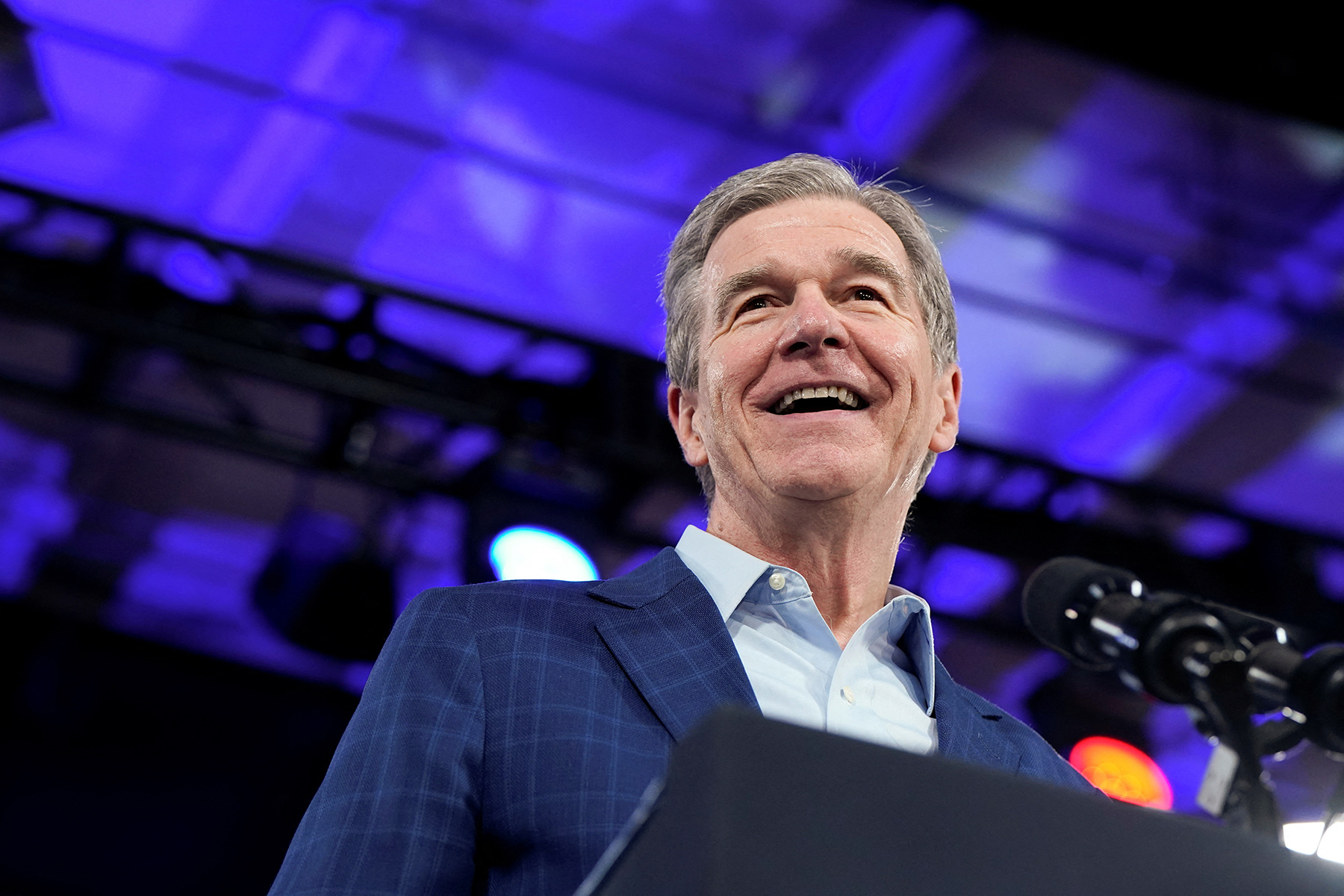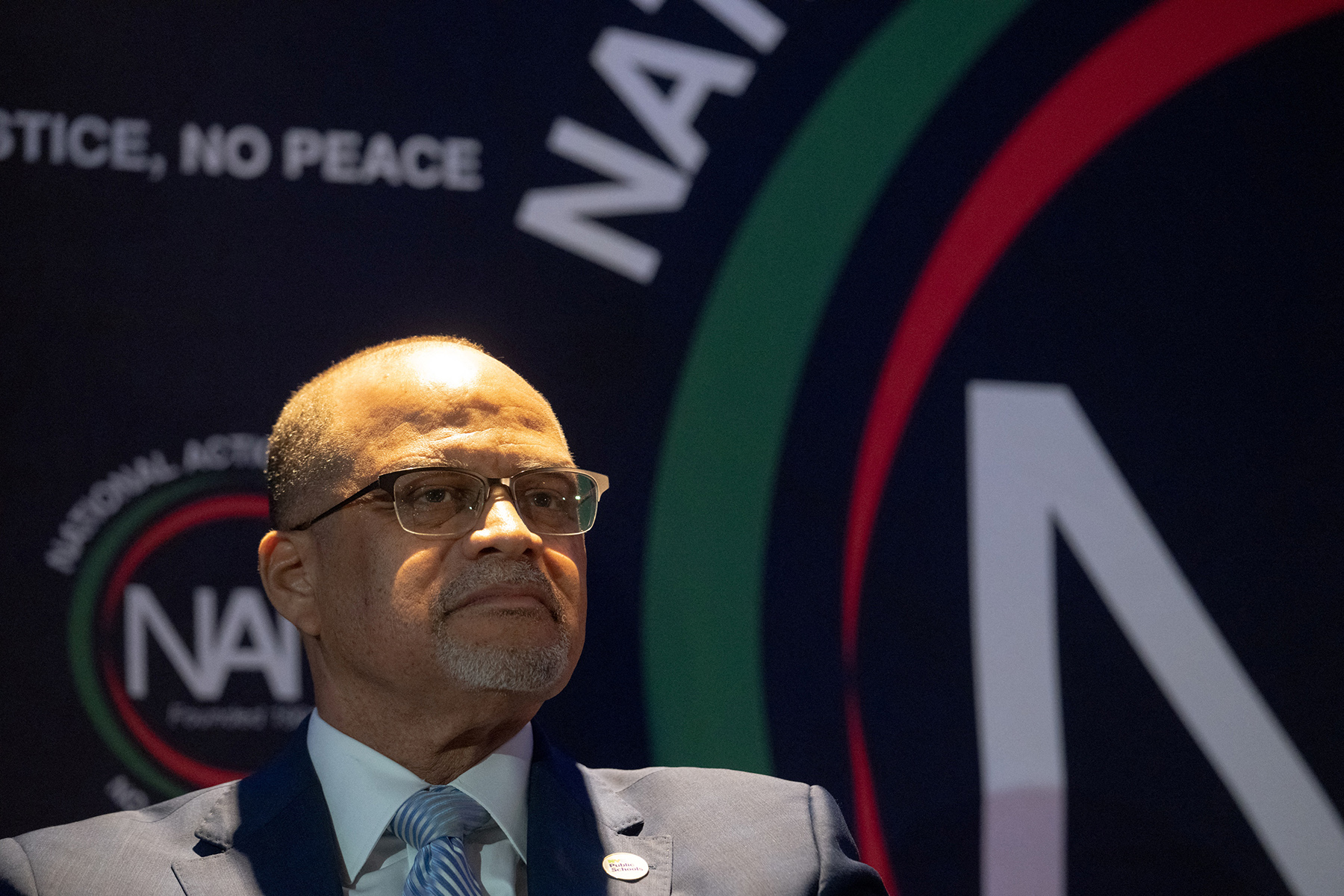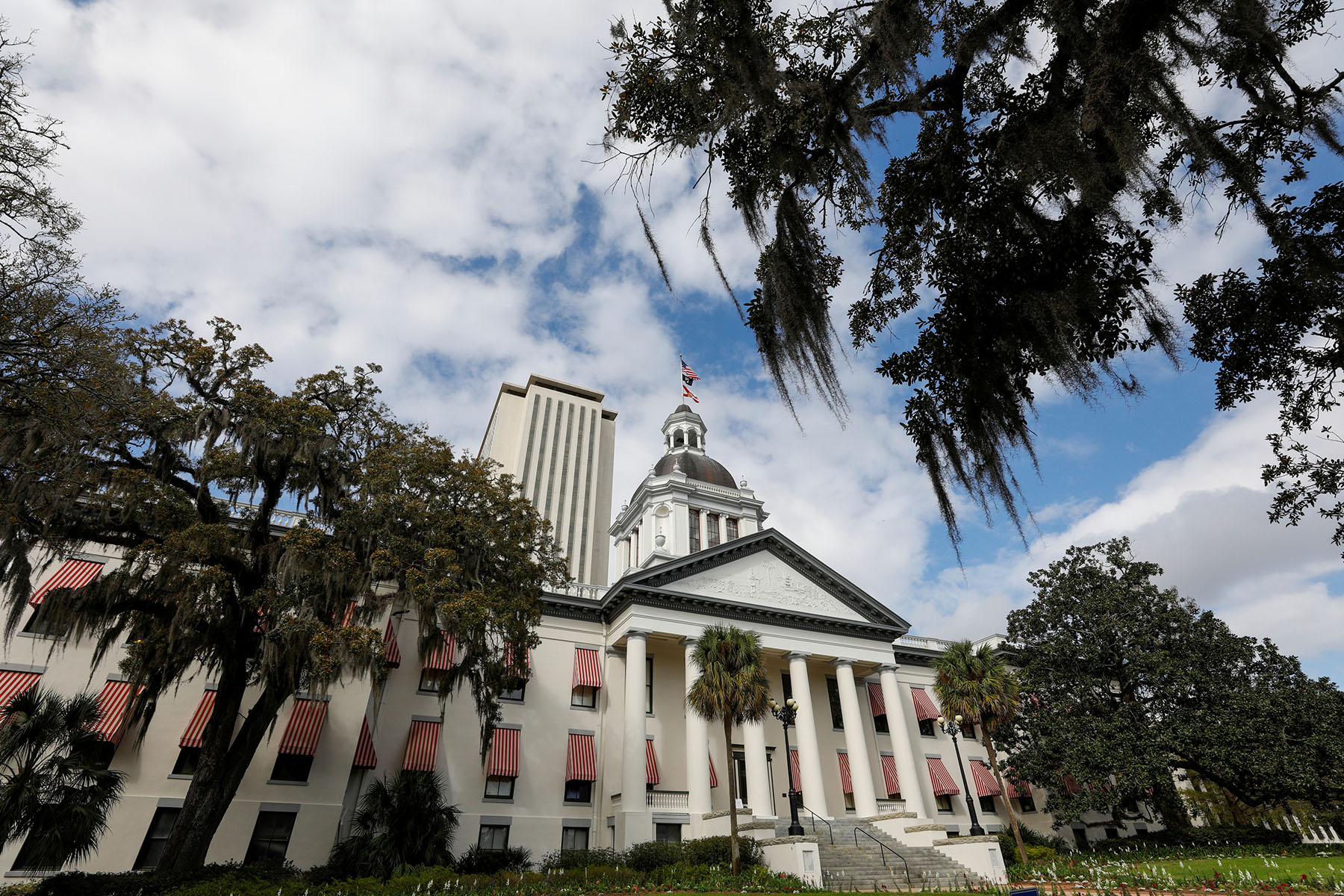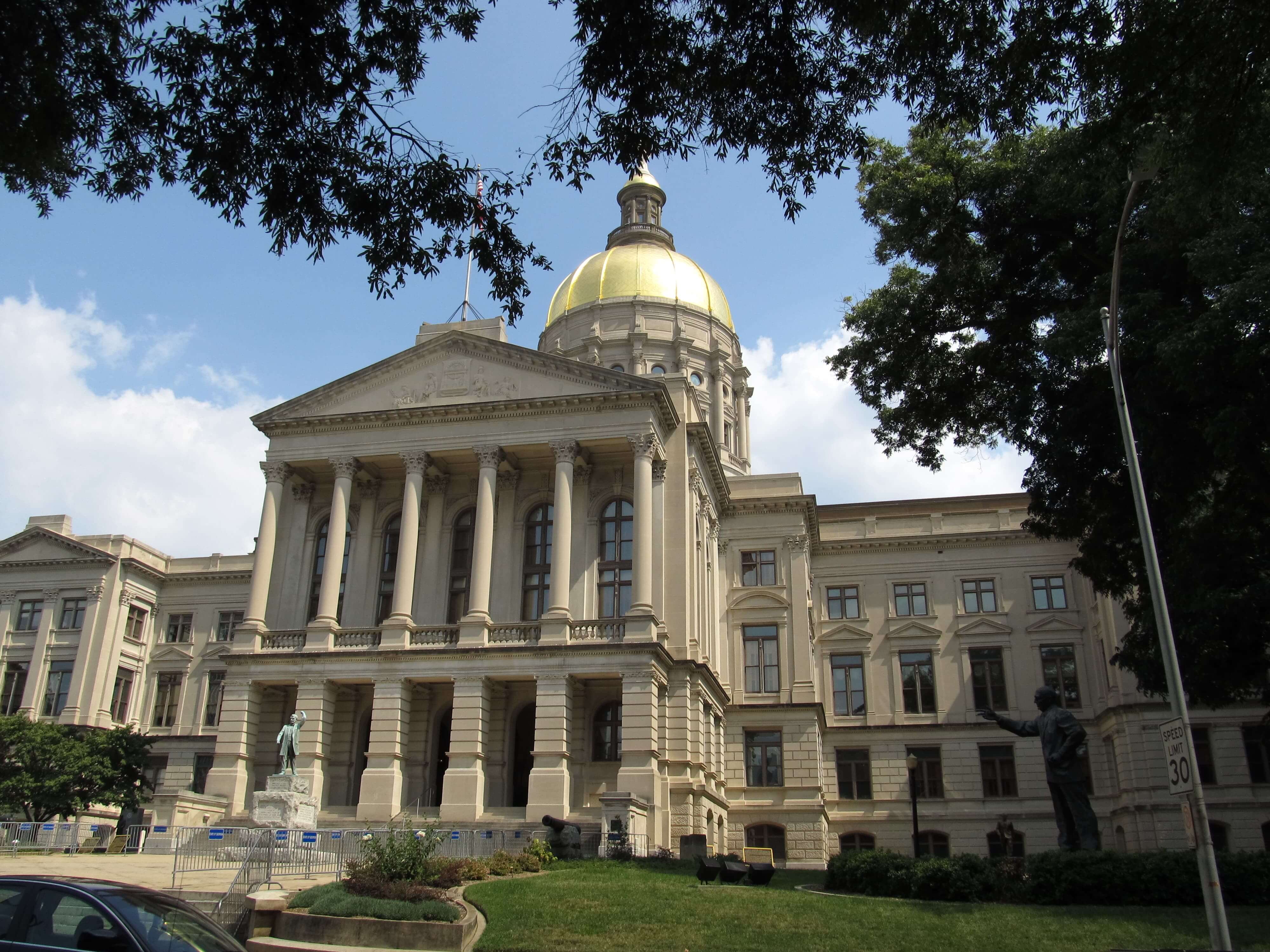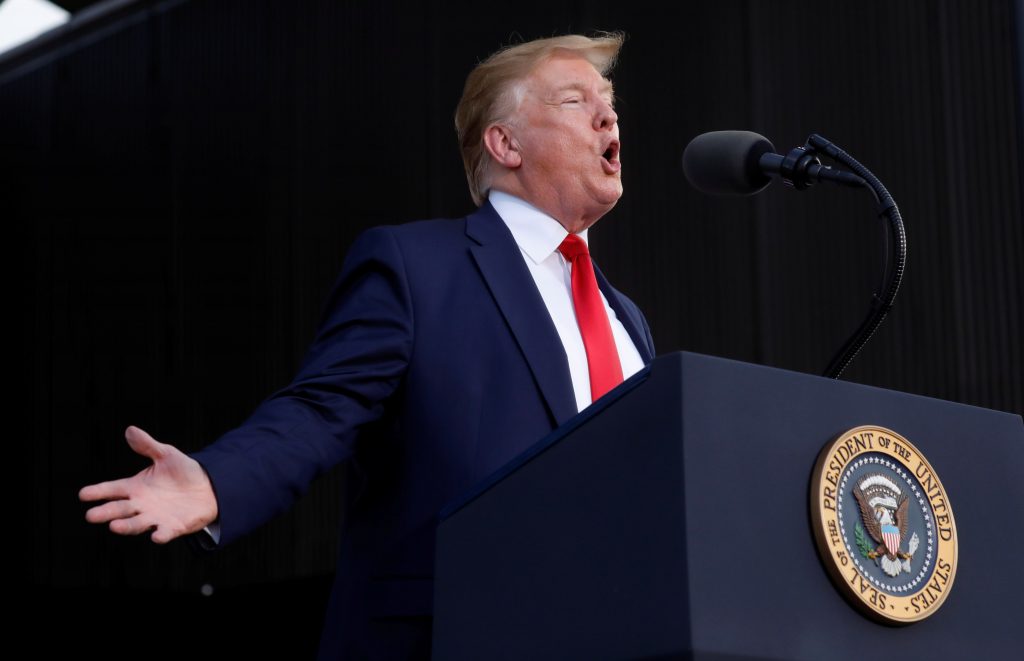
U.S. President Donald Trump speaks during a campaign rally in Panama City, Florida, U.S., May 8, 2019. REUTERS/Kevin Lamarque
May 15, 2019
In the wake of the deadly mass shooting at two mosques in Christchurch, New Zealand, the country’s Prime Minister is leading an effort to stamp out extremism online.
The “Christchurch Call” asks for “collective, voluntary commitments from Governments and online service providers intended to address the issue of terrorist and violent extremist content online and to prevent the abuse of the internet as occurred in and after the Christchurch attacks.”
The non-binding doctrine has been signed by 18 countries, including France and Canada, and by five tech companies, including Facebook, Twitter, Google, Amazon, and Microsoft.
The Trump administration, however, declined to sign the Christchurch Call. In a statement, the White House said that while it stands “with the international community in condemning terrorist and violent extremist content online,” and supports the call’s goals, it wouldn’t sign the doctrine over free speech concerns.
A number of legal scholars agreed with the administration’s decision. James Grimmelmann, a Cornell Tech law professor told The Washington Post that while he doesn’t give the Trump administration props for its handling of extremist content, it was probably the right call. “The government should not be in the business of ‘encouraging’ platforms to do more than they legally are required to — or than they could be required to under the First Amendment,” he said.
While the First Amendment protects individuals from government censorship, social media platforms like Twitter and Facebook are private companies and can censor users’ content. But in the wake of the Christchurch shooting, where the shooter live-streamed the attack on Facebook, and in Myanmar, where the platform was used to incite genocide against the Muslim minority Rohingya, critics are calling on governments around the globe, including the U.S., to regulate social media sites in order to stop bad actors from weaponizing social media.
The Washington Post Christchurch Call CJR
Tags
